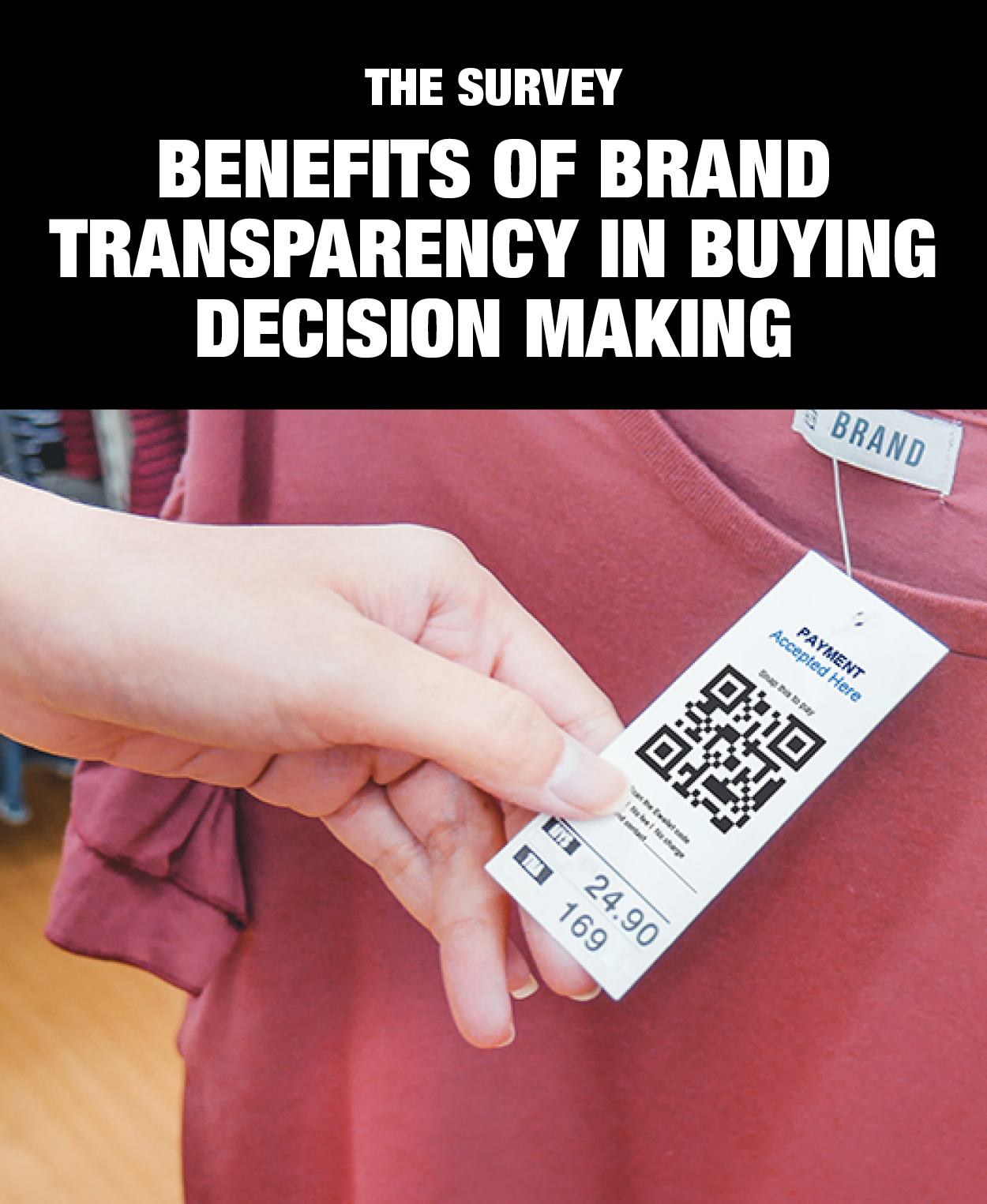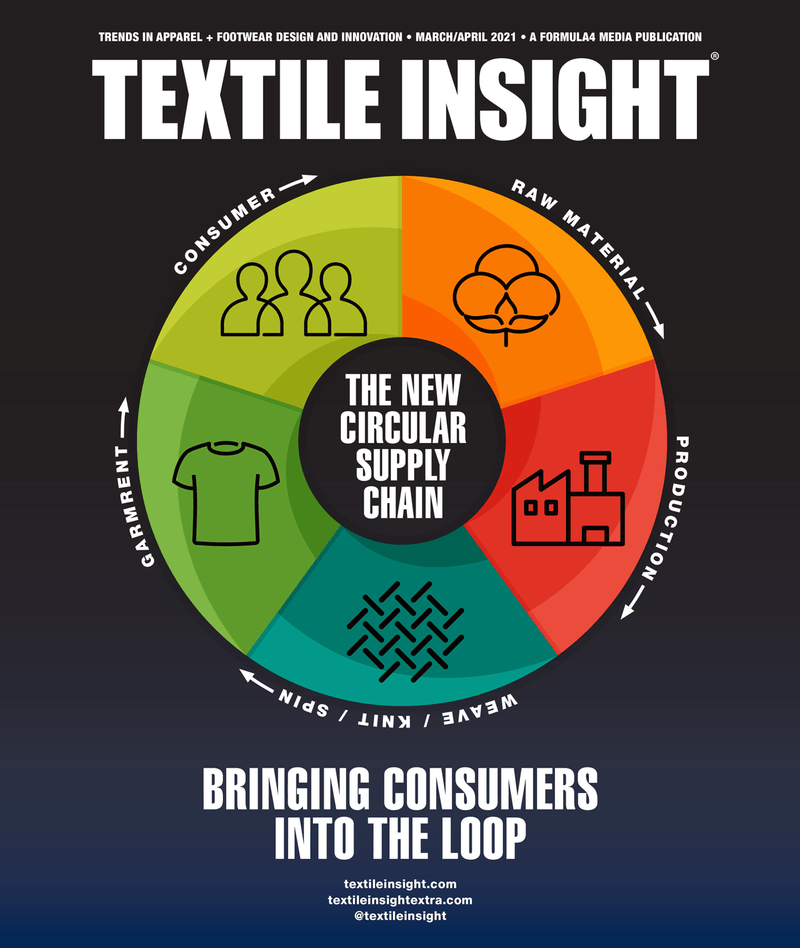
The biggest takeaway from this month’s survey is the hunger consumers have for information about the products they buy and the materials used to make these products. This is despite respondents already being loyal label-readers and willing participants in scrolling social media and brand websites to gain additional knowledge. The more info the better. Also notable is the significance of brand values that emerges from answers like this; 71 percent of survey takers said a brand’s social/environmental policies sways their purchasing behavior, and 88 percent of respondents would pay more for that brand. Recycling is another consumer behavior on the upswing. When asked how likely they are to recycle their athletic footwear and/or fitness apparel if they knew those items would be repurposed into textiles for future products, 82 percent said “very likely.” Interestingly, the only question in this month’s survey that resulted in a higher percentage of “no’’ to “yes” was when asked if brands were doing a good job telling a compelling textile story about the fabrics featured in shoes and apparel; 66 percent of survey respondents said “no.” In other words, heightened brand transparency positively impacts the decisions consumers make all the way to the cash register.
The survey, conducted by MESH01, included 301 respondents, men and women, ages 18 to 60 who identify themselves as active and outdoors.












